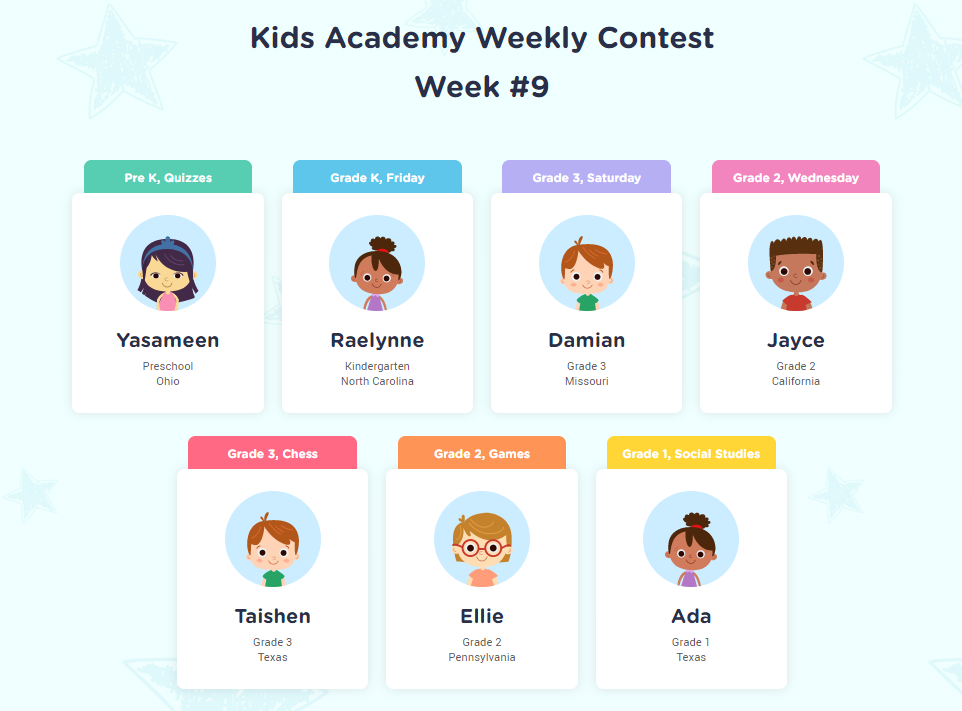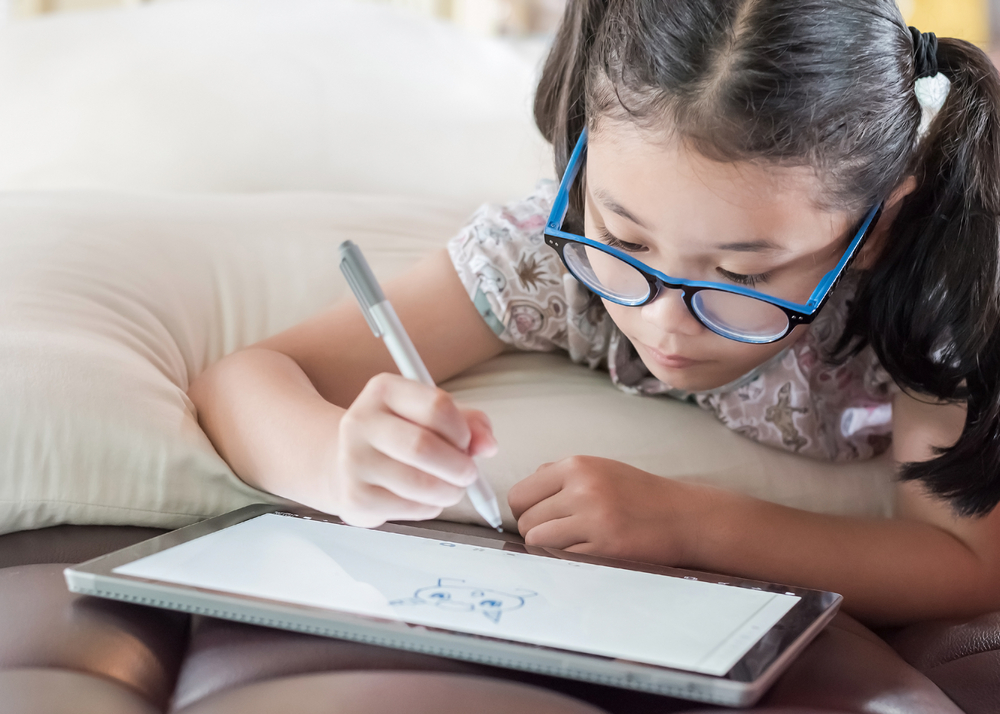Alphabet Recognition Normal Worksheets for Ages 7-9
22 filtered results
-
From - To
Enhance your child's learning experience with our Alphabet Recognition Normal Worksheets designed specifically for children aged 7-9. These engaging and interactive worksheets promote essential literacy skills by helping young learners identify, trace, and recognize letters through fun activities. Tailored to meet educational standards, these worksheets offer various exercises, including matching letters, filling in blanks, and coloring, ensuring a comprehensive understanding of the alphabet. Perfect for both classroom settings and home practice, our resources foster confidence and make learning enjoyable. Give your child the tools they need to succeed in their early reading journey with our expertly crafted Alphabet Recognition worksheets!
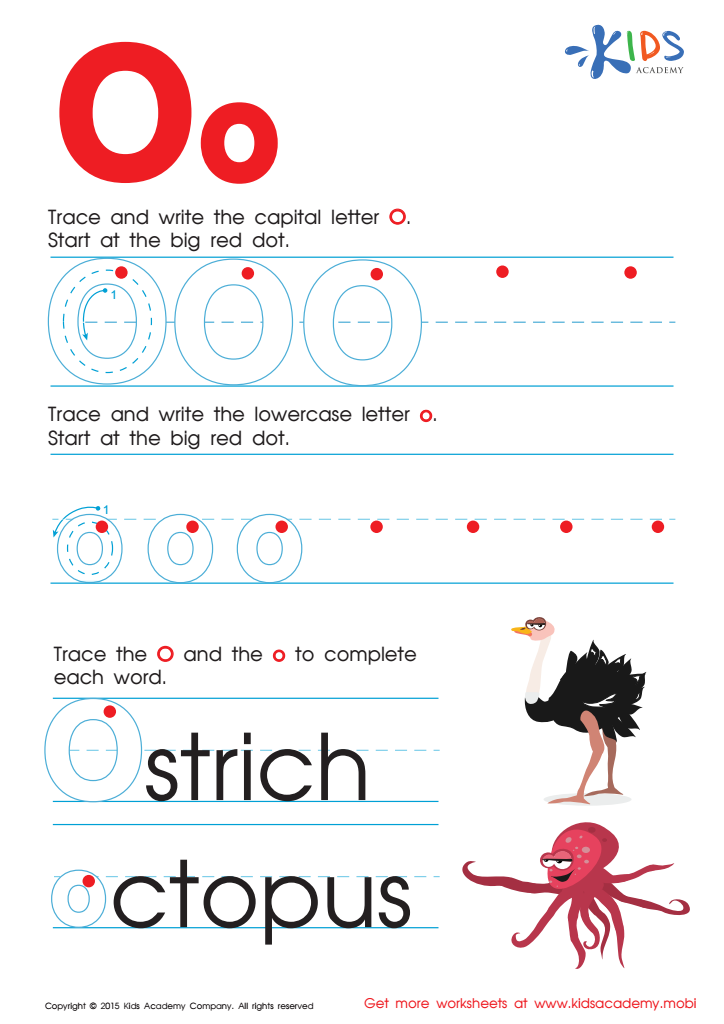

Letter O Tracing Page
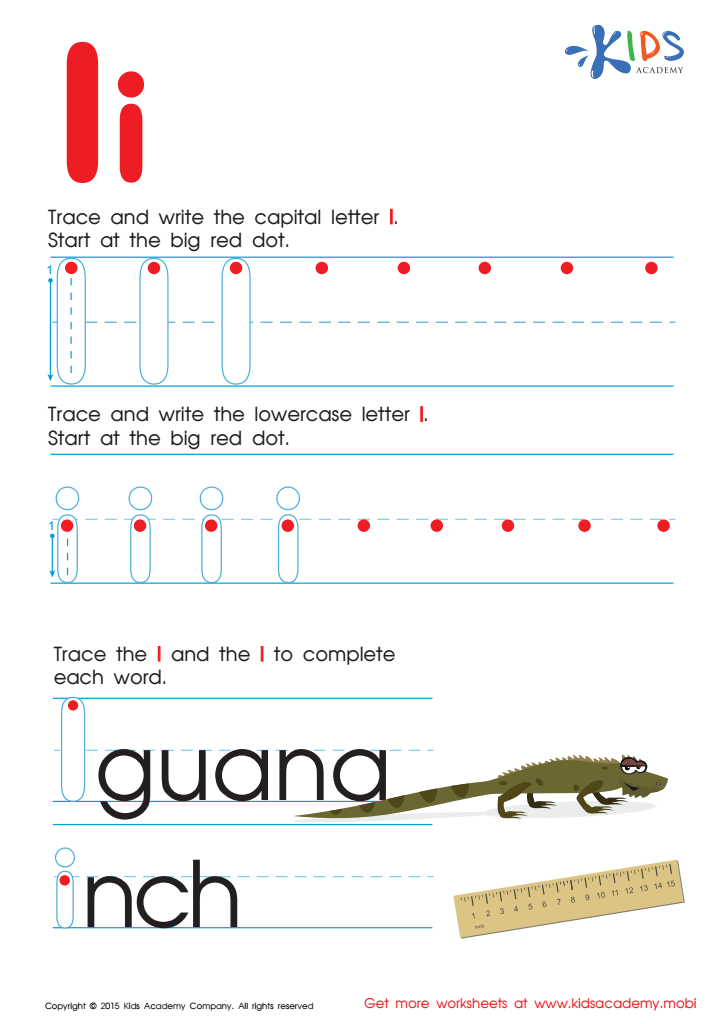

Letter I Tracing Page
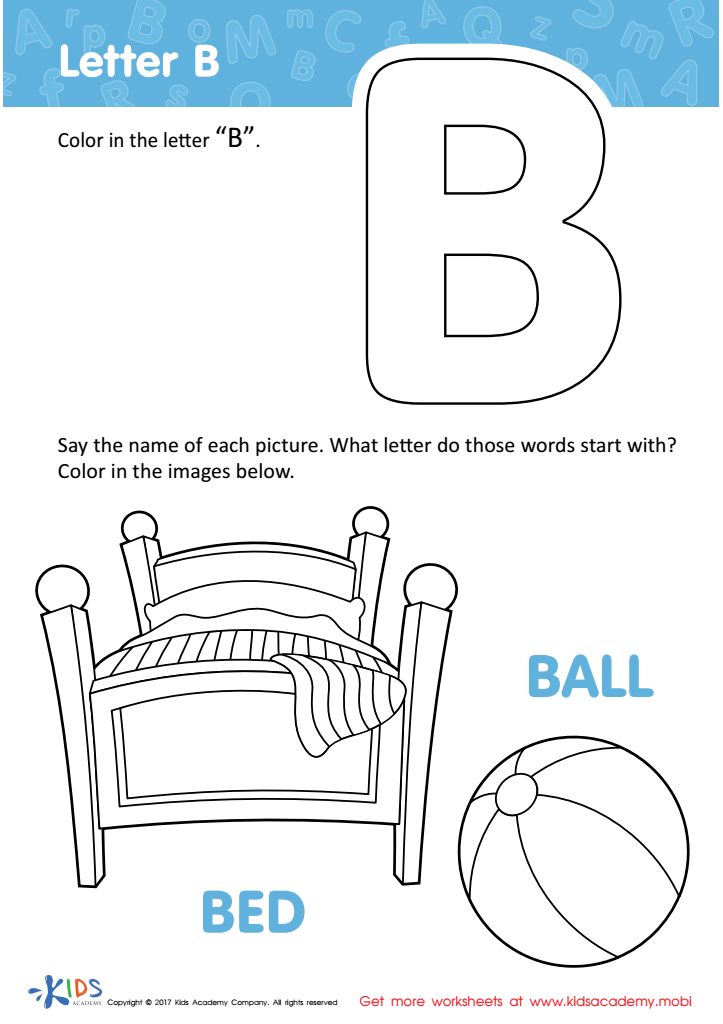

Letter B Coloring Sheet


Letter A Coloring Sheet
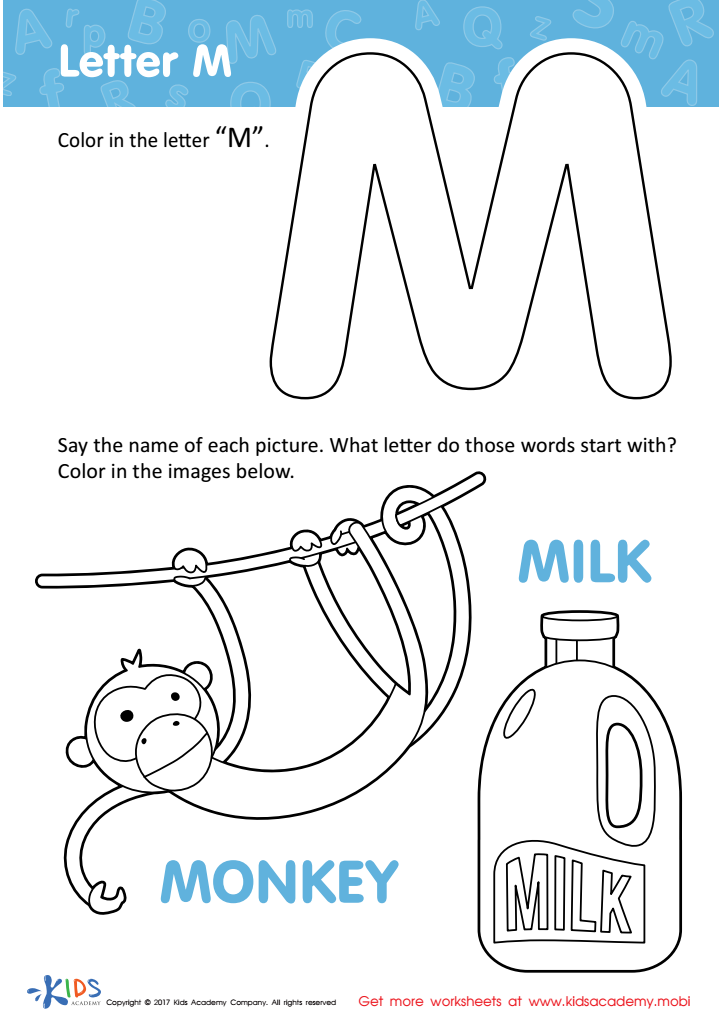

Letter M Coloring Sheet
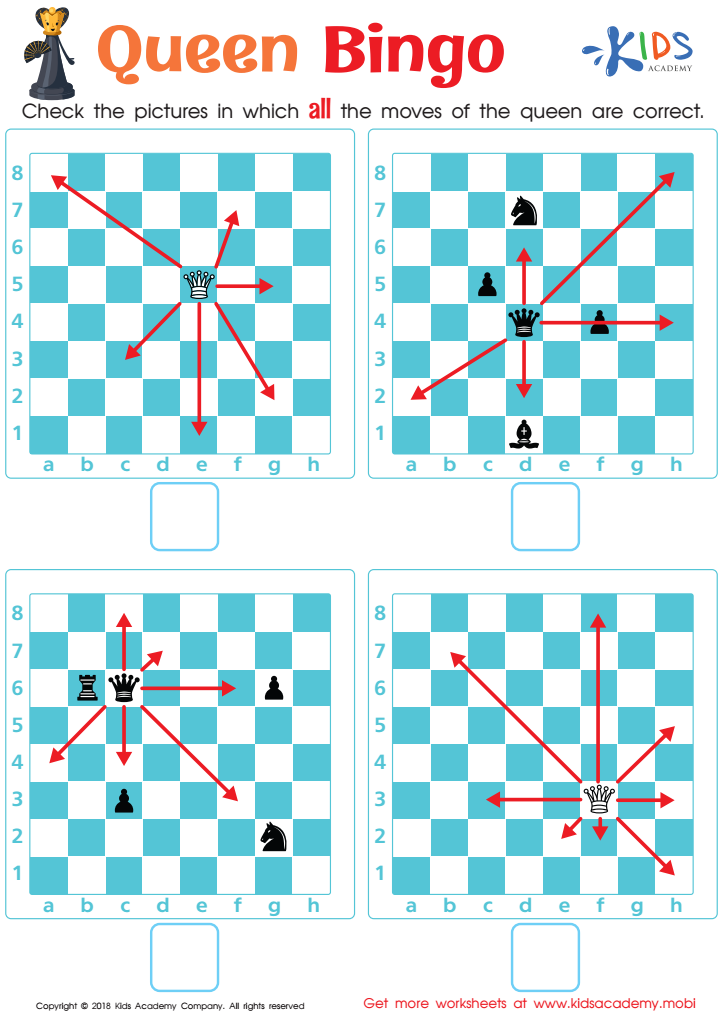

Queen Bingo Worksheet
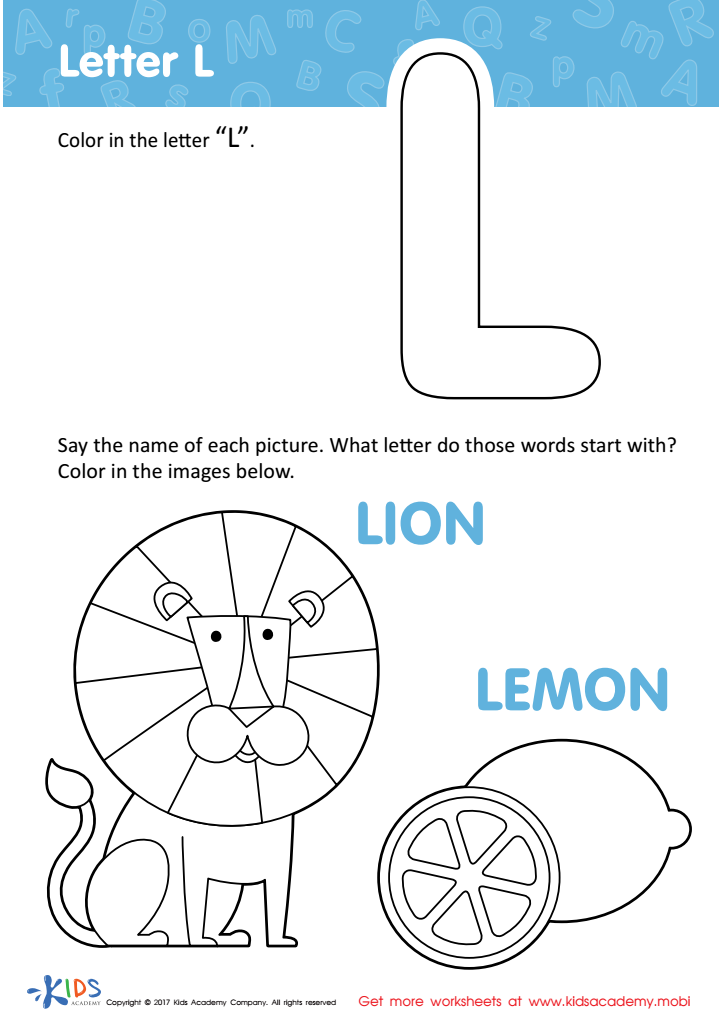

Letter L Coloring Sheet
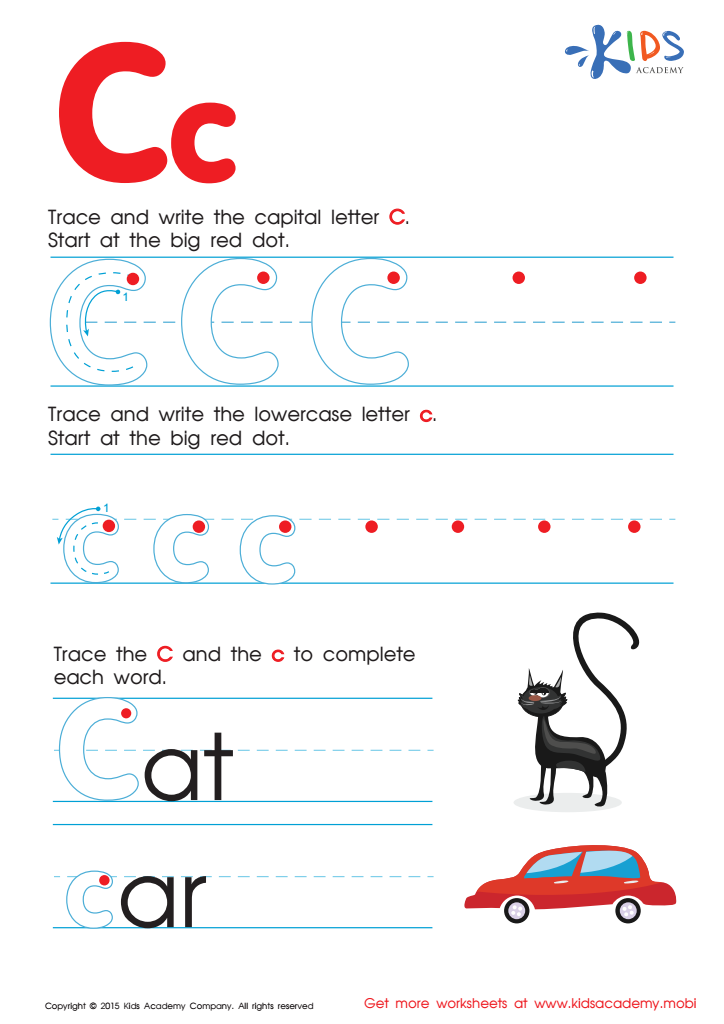

Letter C Tracing Page
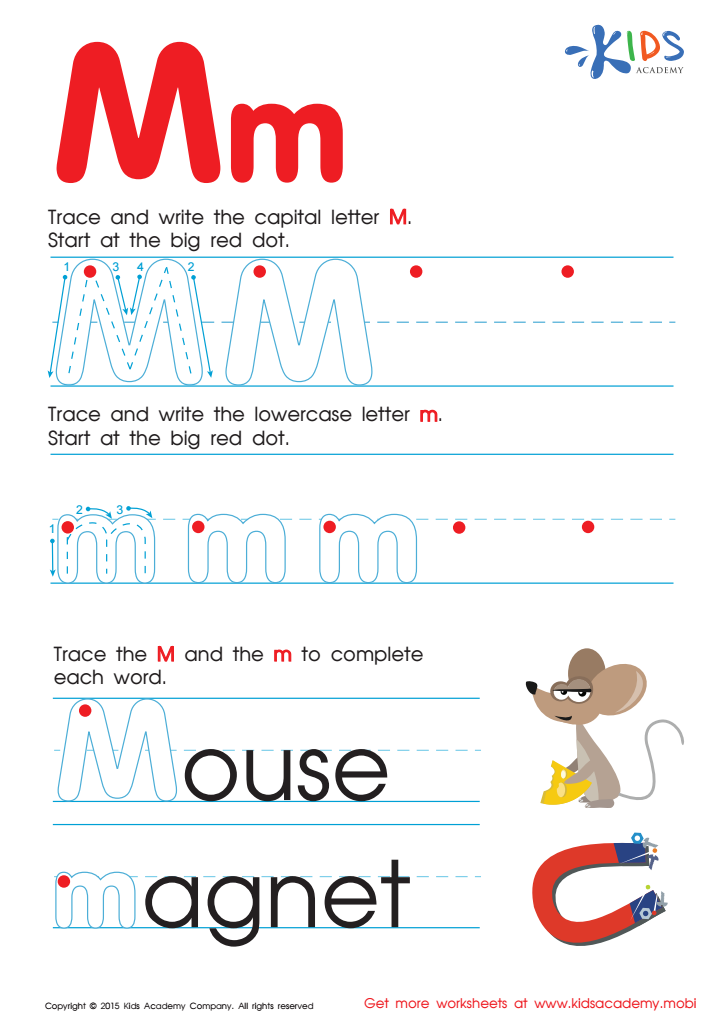

Letter M Tracing Page
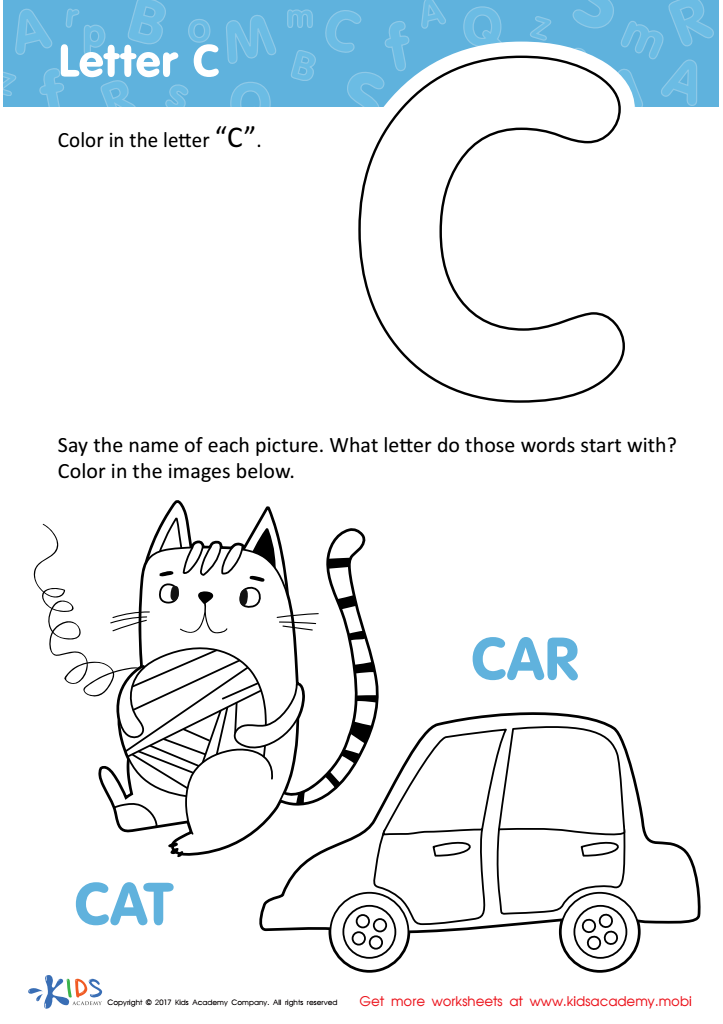

Letter C Coloring Sheet
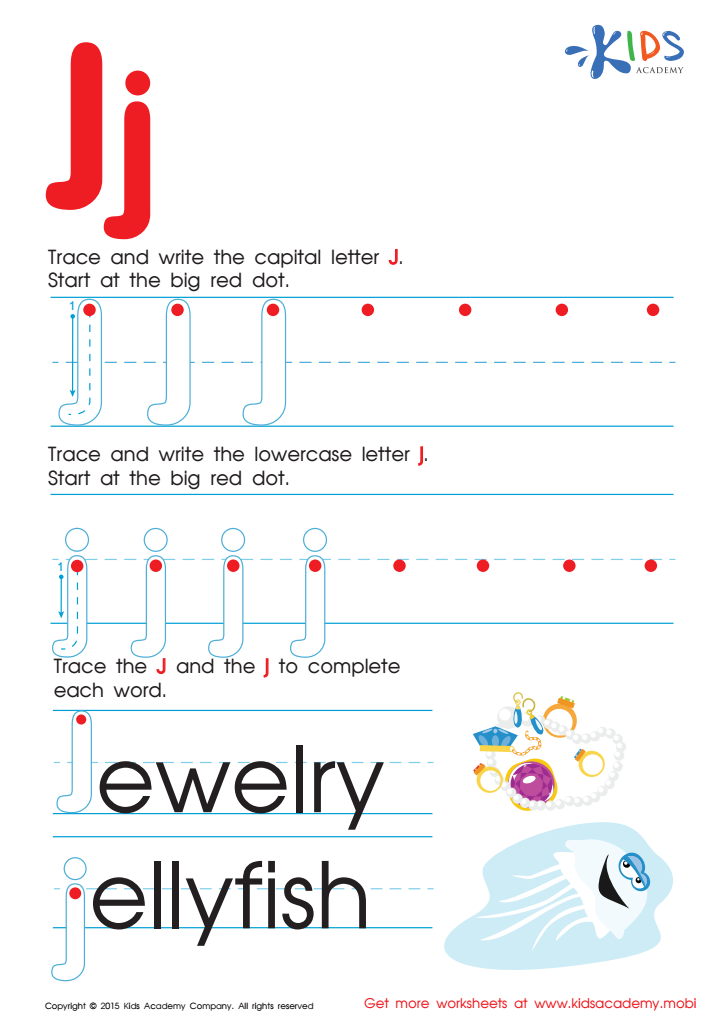

Letter J Tracing Page
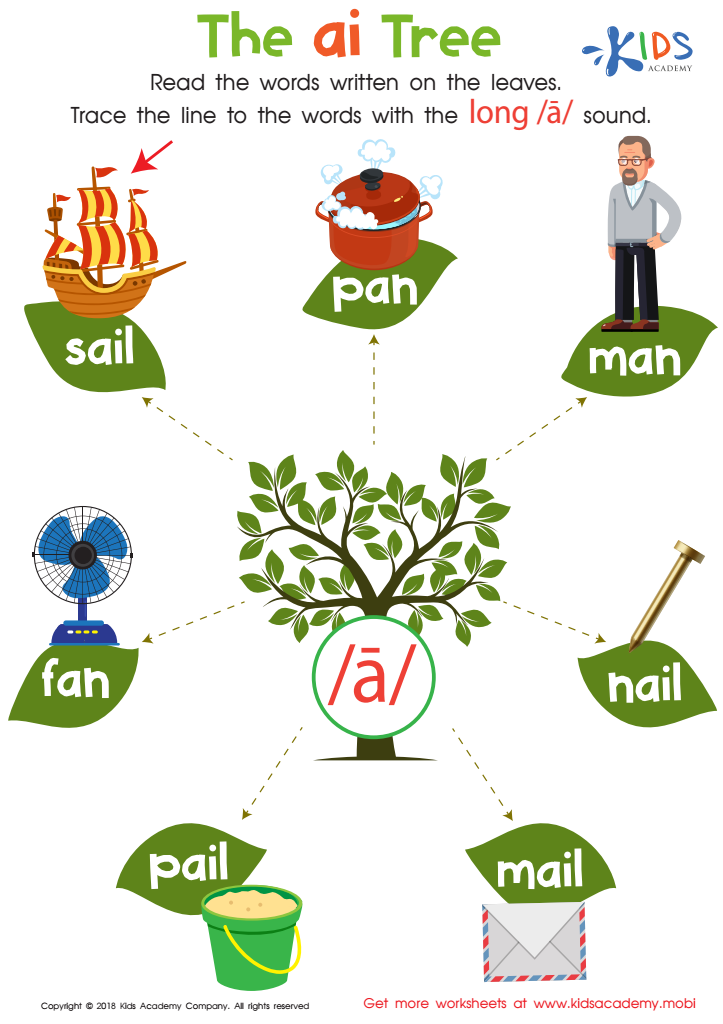

The AI Tree Worksheet
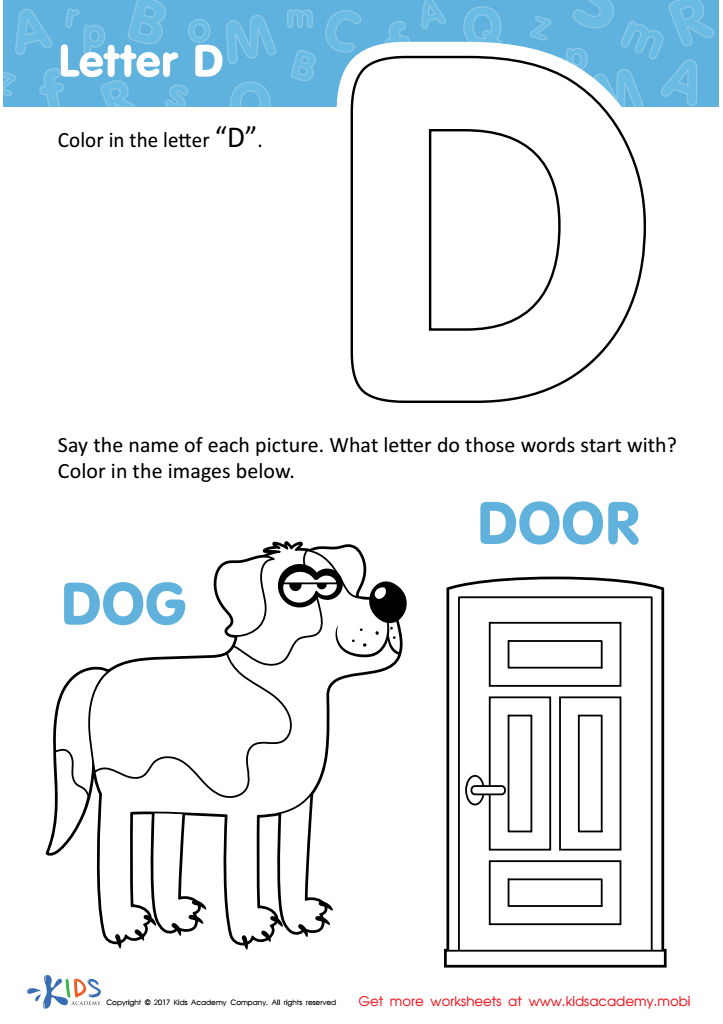

Letter D Coloring Sheet
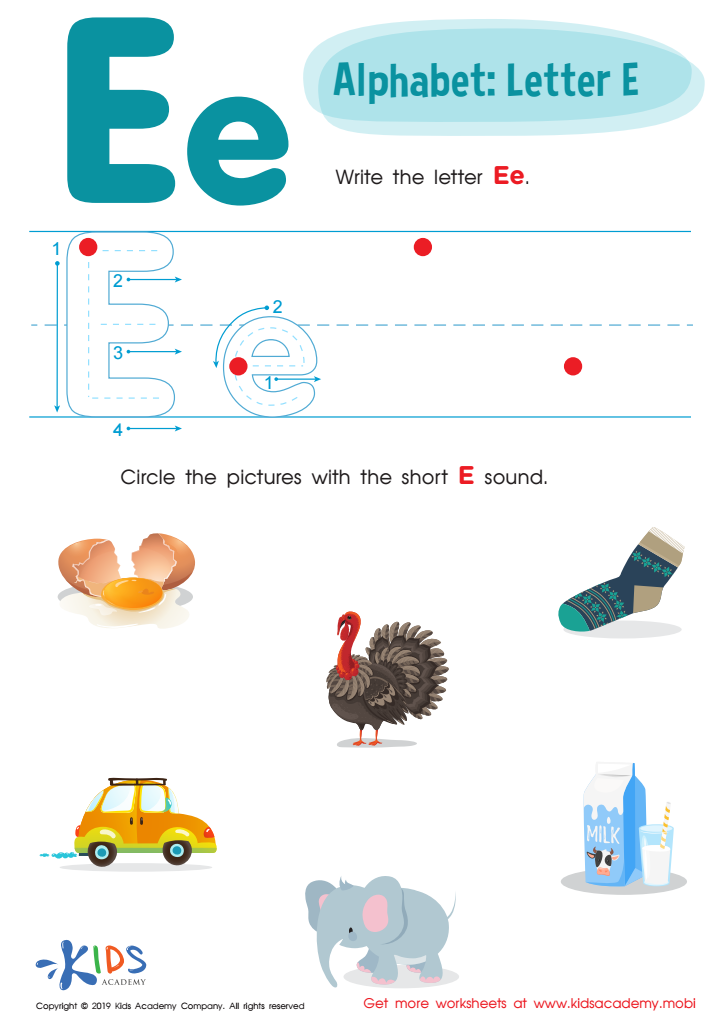

Letter E Tracing Worksheet
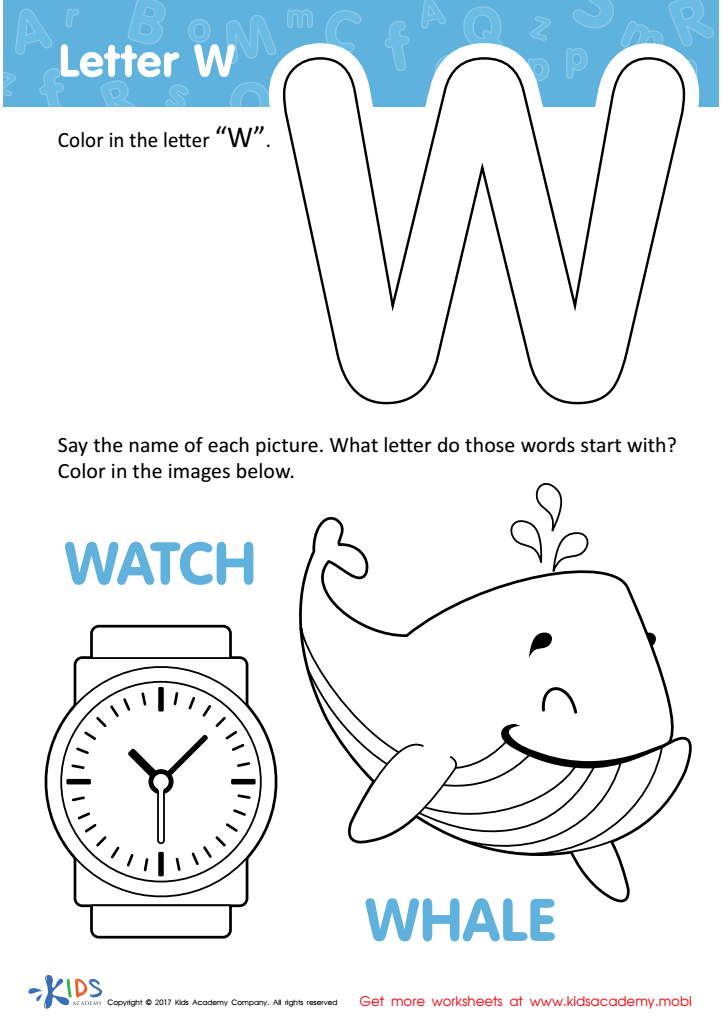

Letter W Coloring Sheet
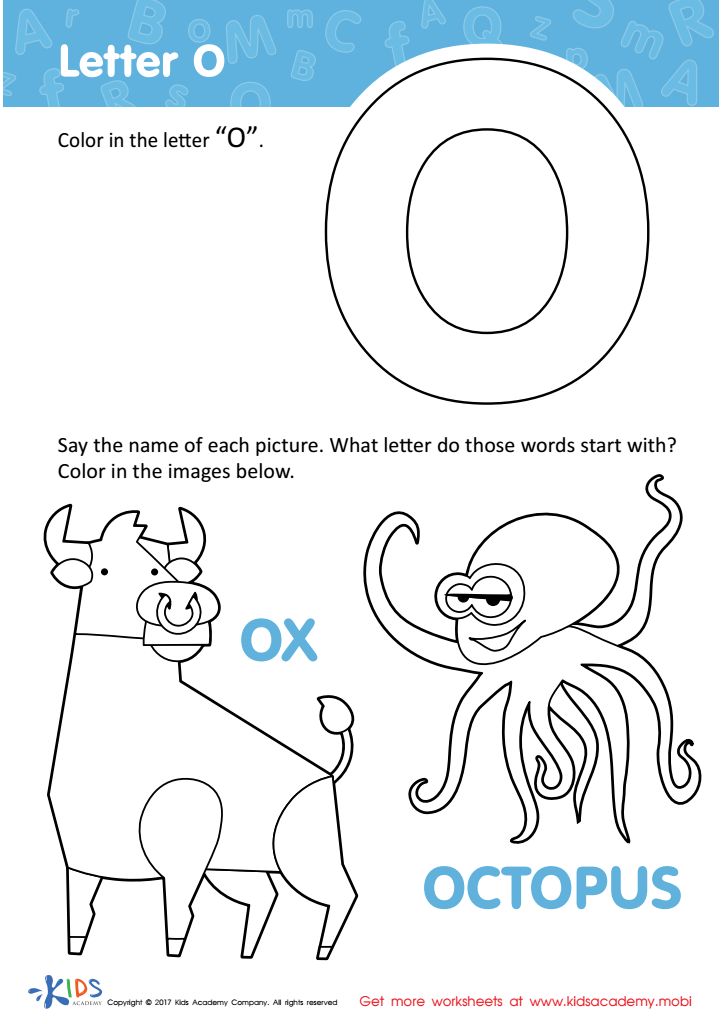

Letter O Coloring Sheet
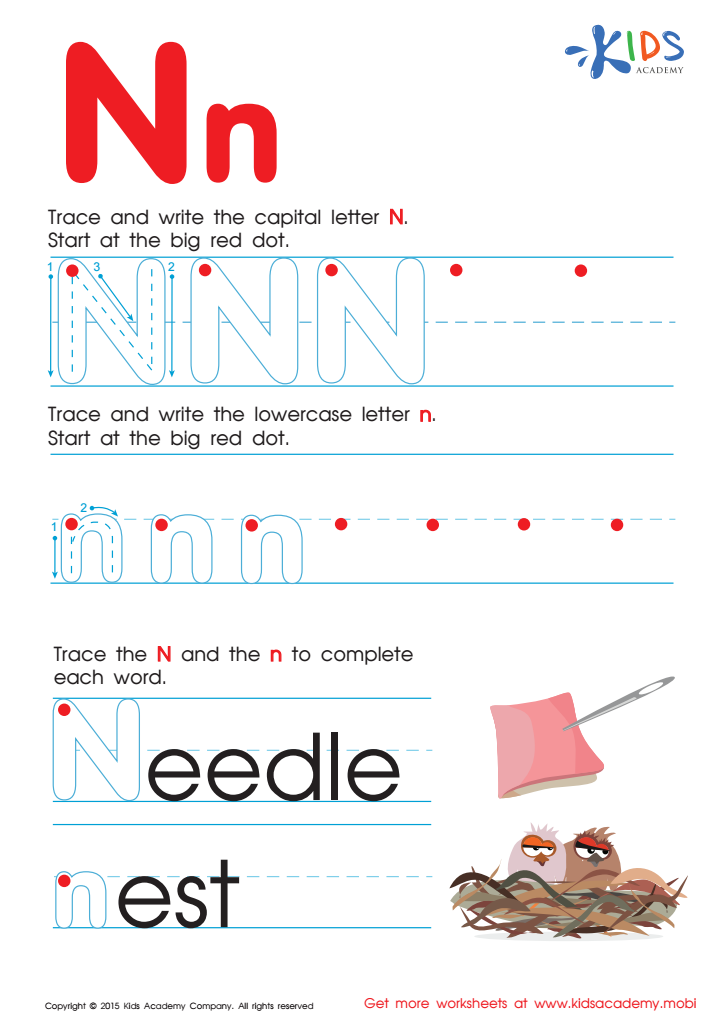

Letter N Tracing Page
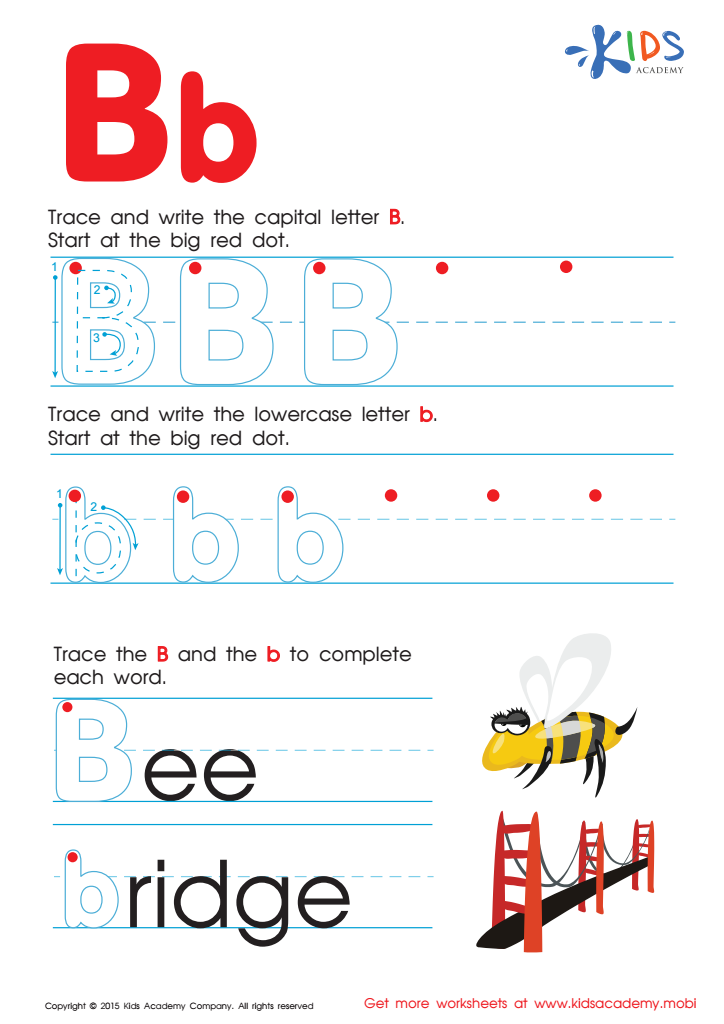

Letter B Tracing Page
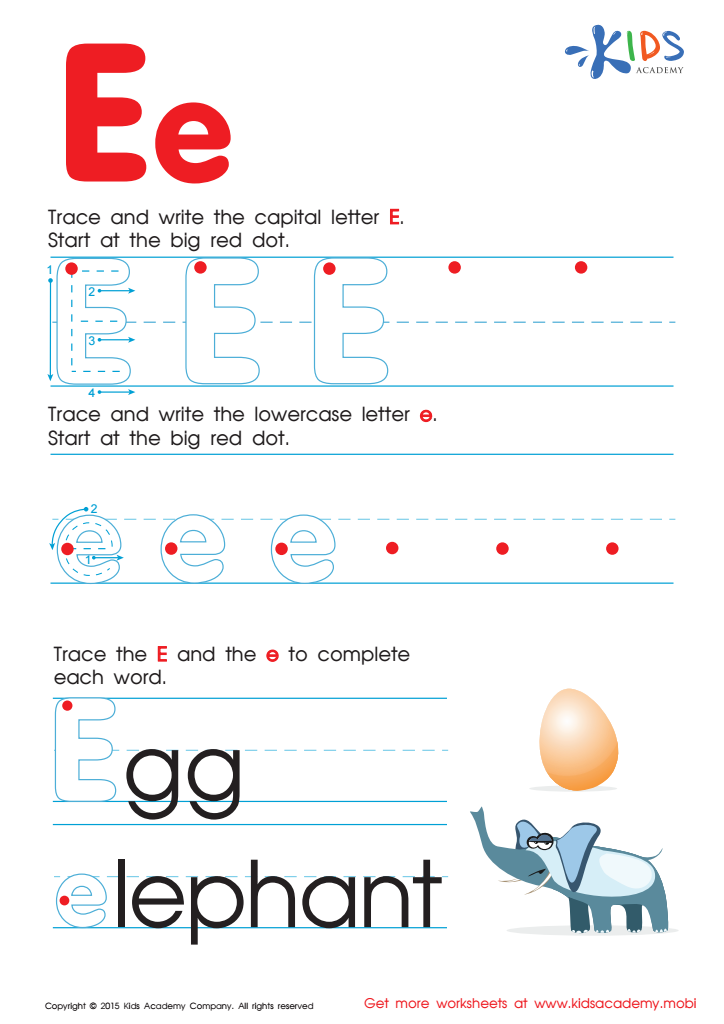

Letter E Tracing Page
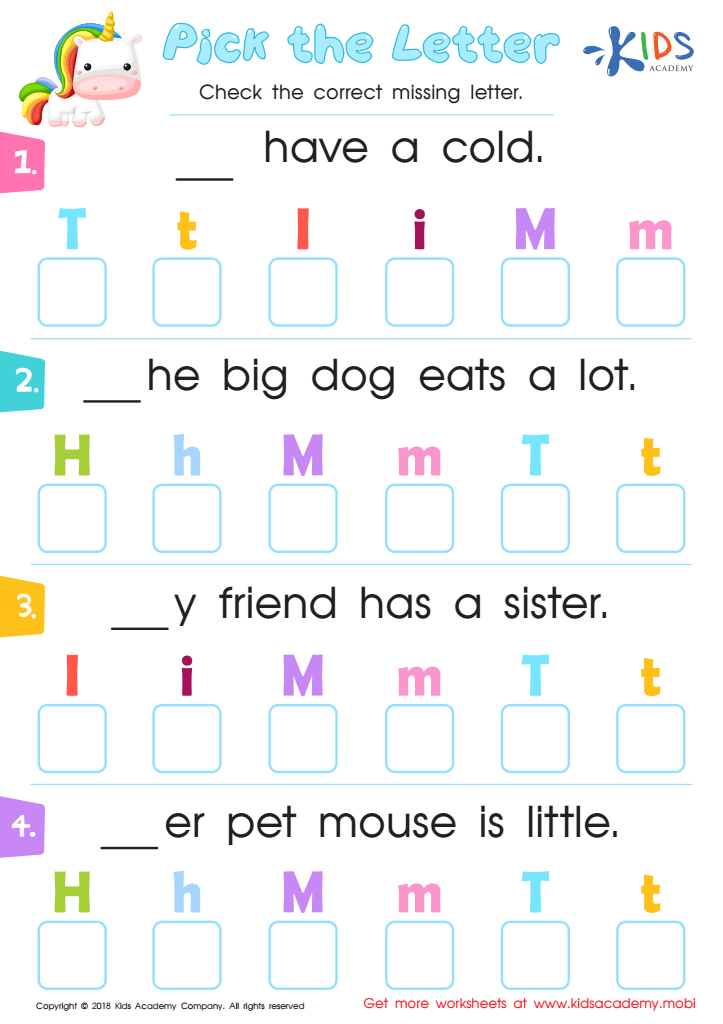

Pick the Letter Worksheet
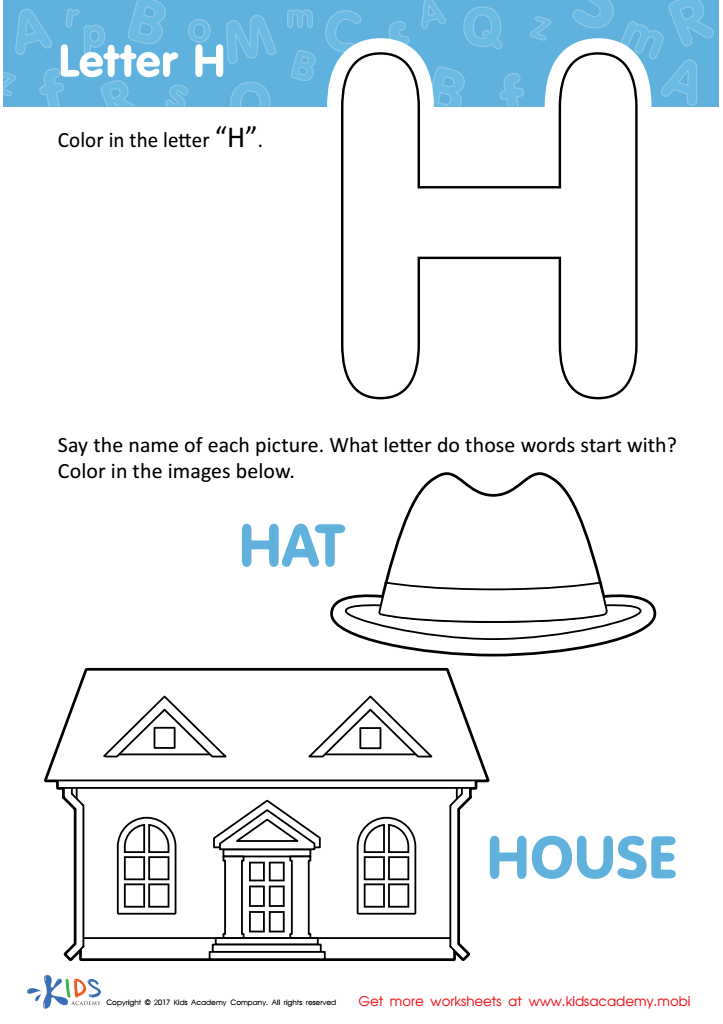

Letter H Coloring Sheet
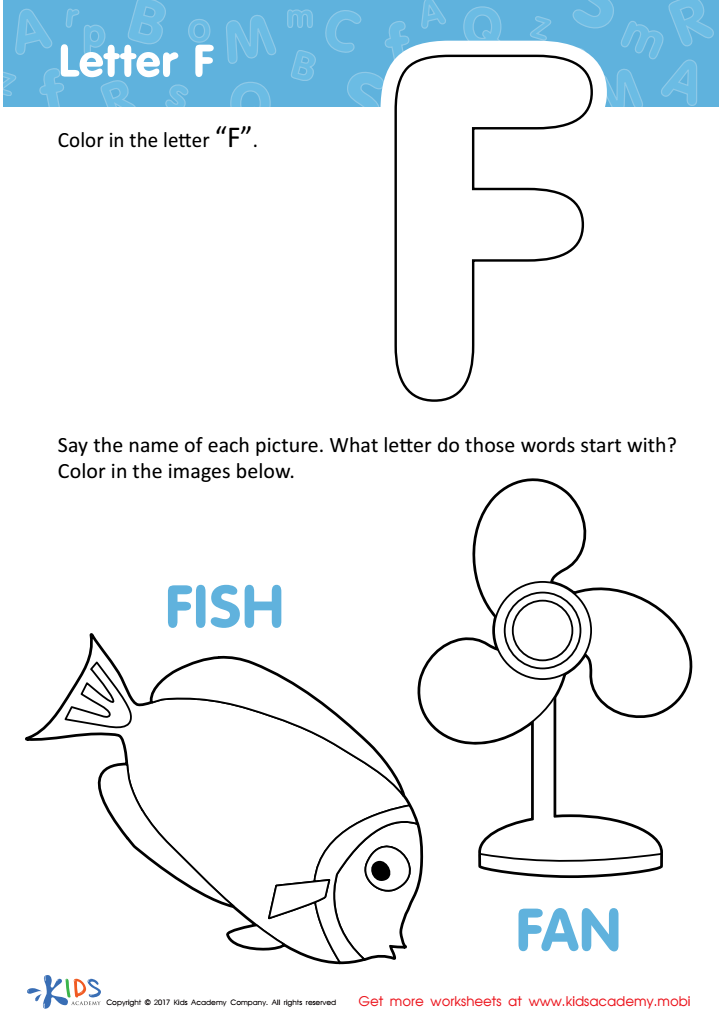

Letter F Coloring Sheet
Alphabet recognition is a foundational skill that is vital for reading and writing proficiency in children ages 7-9. At this developmental stage, children are transitioning from simple decoding to more advanced reading strategies, making it crucial for them to have a strong grasp of letter recognition. This skill affects their ability to comprehend text, spell words correctly, and utilize language effectively.
Parents and teachers should care about supporting alphabet recognition in this age group for several reasons. First, mastering letter recognition aids in fostering a love for reading by helping children feel more confident when faced with new texts. Additionally, children who struggle with recognizing letters may encounter difficulties with more complex literacy concepts like phonemic awareness and blending sounds, potentially leading to long-term challenges in their academic journey.
By focusing on alphabet recognition, parents and teachers can develop targeted strategies—such as engaging games, interactive reading sessions, and personalized practice materials—to ensure that children reinforce these critical skills. Ultimately, promoting alphabet recognition is not just about knowing letters; it lays the foundation for successful communication, cognitive development, and lifelong learning in literacy. Engaging with and monitoring this skill can empower children and enrich their educational experience.
 Assign to My Students
Assign to My Students


